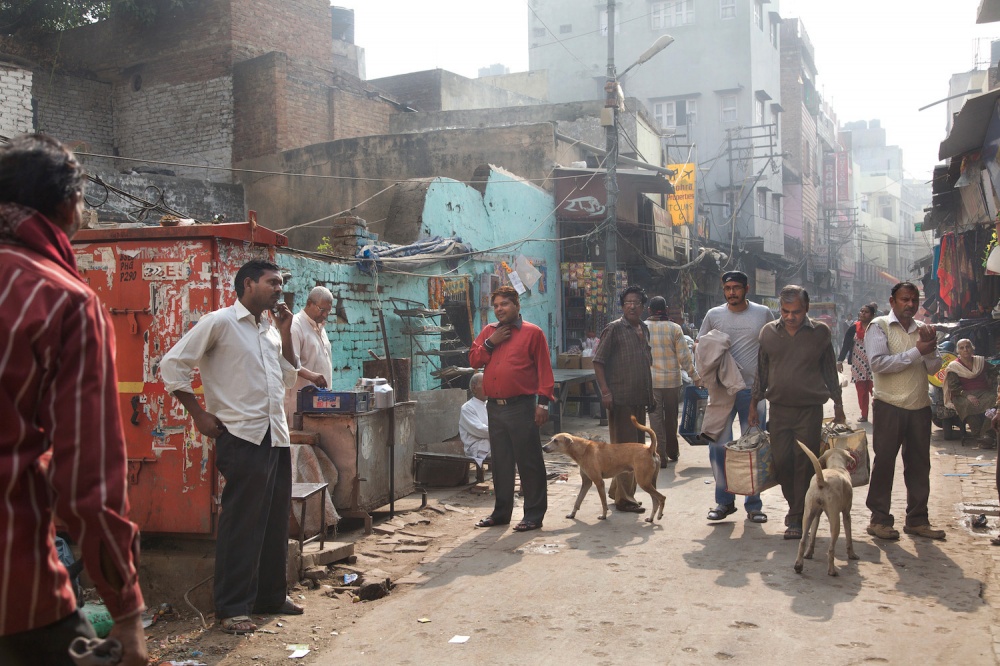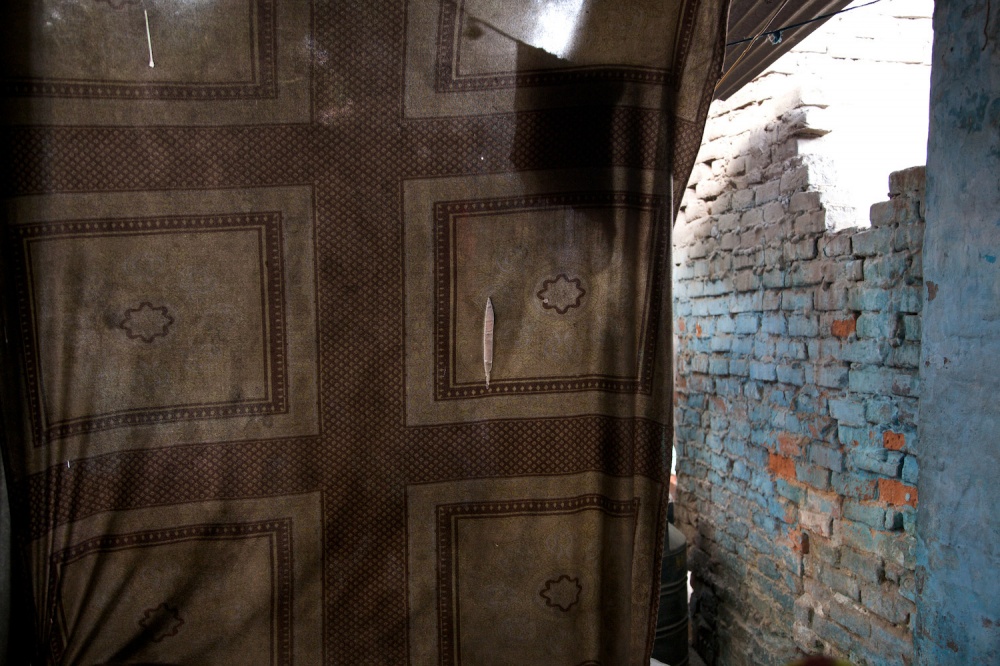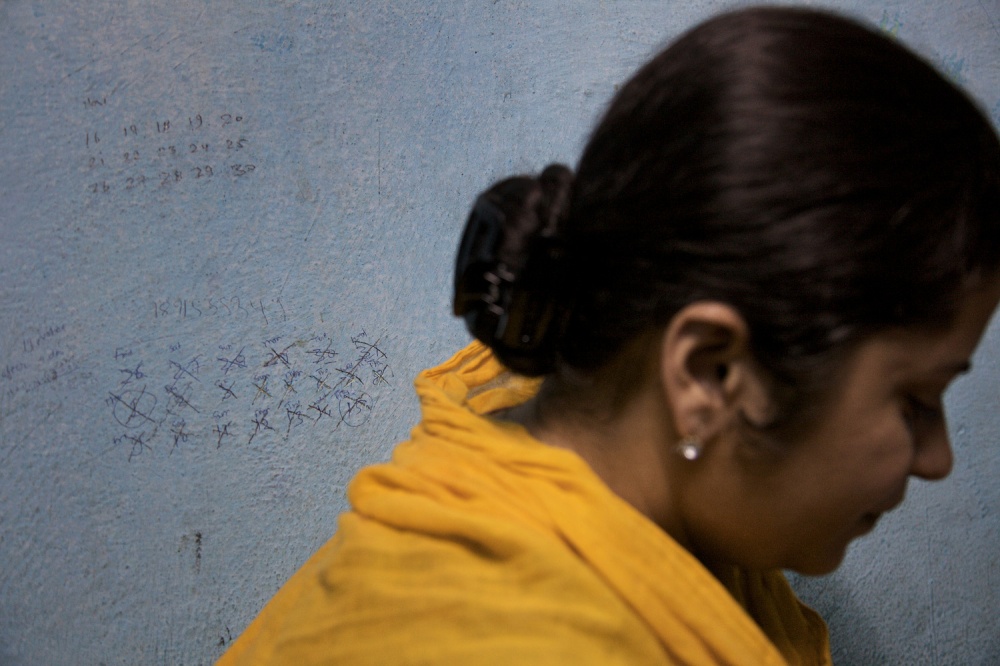REBELS OF LOVE (ph. Zoe Vincenti, tx Stefania Prandi) There is a new generation of Indians that struggles in the name of love. They risk their lives in order to fulfill their dream of marrying the person they want. They run away from their families who, due to the social context, condemn their choices and try to hurt or kill them. They break with the traditional system of values and create a new order.
They fight against the caste - still present in India even though Gandhi declared it illegal - and a strict religious system, overcoming these formidable obstacles and following their hearts instead. There are no certain numbers concerning the size of this group because the government, considering them a danger rather than a resource, doesn't have an interest in supporting them.
This movement is particularly strong in some areas of northern India, in places such as Delhi, Rajasthan, Haryana and Uttar Pradesh, where the consequences of globalization and Indian economic development crash against the medieval structures of the society. The struggles of these people are hard: many of them are caught after their escape. Women are imprisoned in rooms where they are bitten and tortured by male family members (father, brothers, uncles, cousins) and forced to stay without food and water. They are coerced into marrying men they don't love. If they refuse they are killed in a horrific way. The rage of the female’s families are also passed on to their lovers. If they are taken they are murdered. We documented the story of Abdul Hakim who was shot in November 2012 when he was 28. His fault was to marry the woman he loved, Mehwish, against the wishes of her family. There were no religious or caste problems: they were both Muslim and Jat.He left two daughters. Indian society calls this kind of murder “honor killing”.
There are no exact numbers dealing with this phenomenon; according to some estimates there are one thousand deaths every year, but for some organizations says there are ten times more. By reading newspapers it is really easy to notice this silent carnage due also to the inaction of theIndian government that hasn't yet approved a law against honor killing (in spite of civil society pressure). The only protection for these “rebels of love” - as we called them - is in shelters which are developing in Delhi and Haryana, such as the Love Commandos (a group that offers protection to couples who face threats), or with the help of another association based in Haryana, called AIDWA ( all India democratic women association ). However, these places are not big enough to host every couple on the run.
Every day Love Commandos receives one hundred help requests but they don’t have the capacity to accept everyone. Moreover they don't offer help for free: they ask for money from these couples in order provide food and legal assistance. In November and December 2012 we were in Delhi, Haryana and Uttar Pradesh where we witnessed the lives of those “rebels of love”. We remained with them in the shelters and visited the rural areas where the opinion movement is scanty about this issue.
Love marriage, in fact, is still a taboo in the north of India, something accepted only in Bollywood films or religious tales. Due to the renouncement of their dreams of love, some of them lose their minds and commit suicide. Besides the shelters (in some regions), there are not any programs to support these people. Now the Indian media is starting to talk about them but not with the necessary intensity that this issue deserves. In fact, with love Indians could really overcome the caste system which is one of the main causes of poverty. More than 80% of the population lives with 20 rupees (less than half a dollar).
Zoe Vincenti
Photographer
REBELS OF LOVE
Public Story
REBELS OF LOVE

























